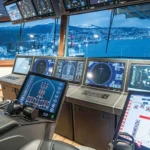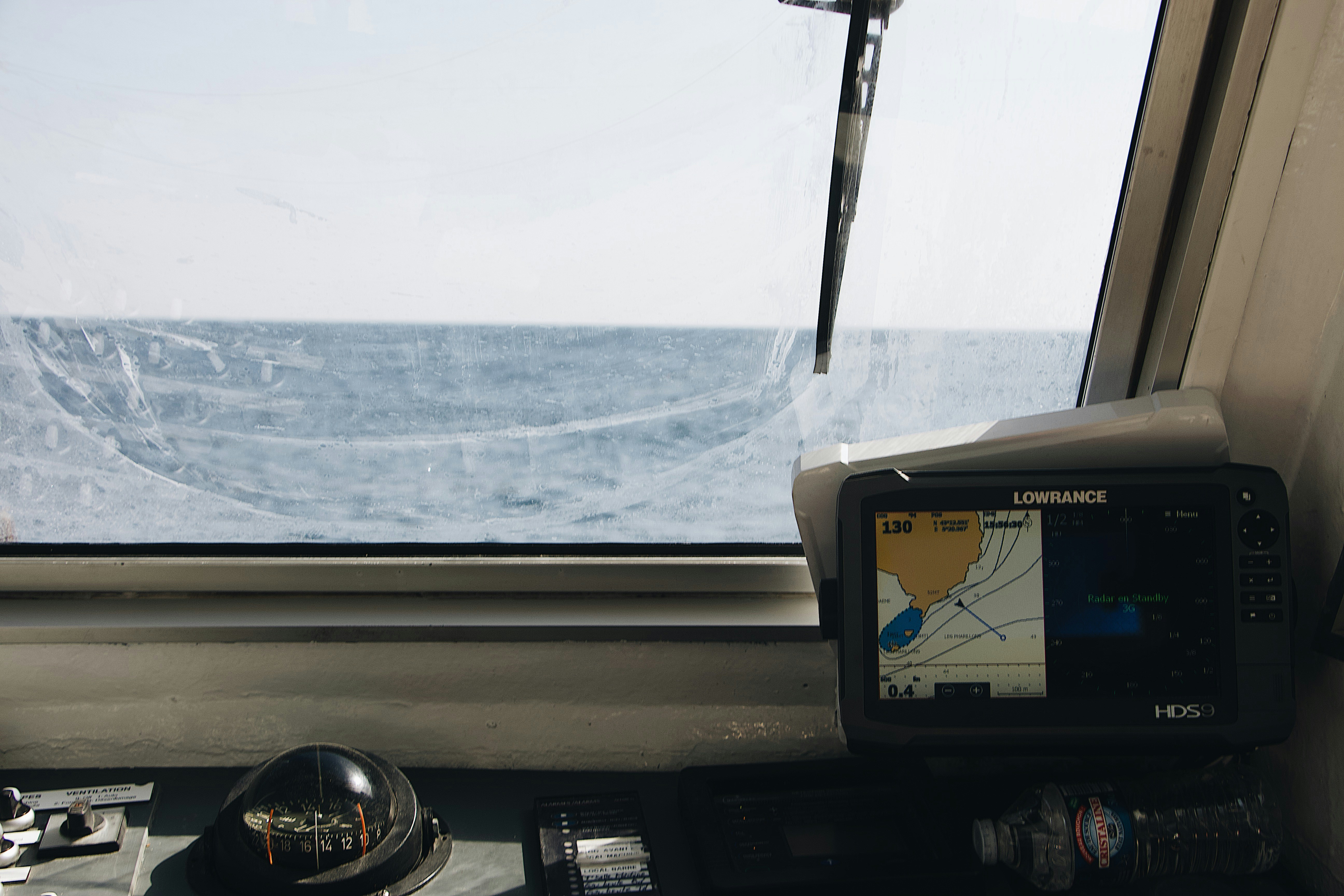There aren’t many things worse than a fire on a ship of any size. On the majority of vessels, fire detection systems are an essential component of the firefighting systems. The purpose of fire detectors is to alert the ship to the presence of a fire by means of an audible and visible alarm. The Fire alarm control panel, which delivers visual and audible alerts as well as possibly alarms in other areas of the ship, is connected to the detectors located throughout the ship. We will discuss the importance of marine fire alarm control systems in this article.
Types of Fire Detection systems
- Smoke Detectors
- Ionization Smoke detectors: Detect tiny particles of smoke from fires that burn quickly.
- Photoelectric Smoke detectors: Detect big smoke particles from fires that are burning slowly.
- Heat Detectors
- Fixed Temperature Detectors: Set off alerts when the ambient temperature rises above a predetermined point.
- Rate-of-Rise Heat Detectors: These devices identify sudden spikes in temperature that could be signs of a fire.
- Flame Detectors
To find open fires in high-risk situations, use ultraviolet (UV) or infrared (IR) equipment.
- Gas Detectors
Determine any dangerous gas leaks that can cause an explosion or fire and take preventative measures.
Importance of Marine fire alarm control systems
Marine fire alarm control systems like Model series 8000 are essential for safety because they enable early fire detection and quick response, safeguarding people and property while guaranteeing adherence to global standards. They are important considering the below aspects:
- Early Fire Identification and Quick Action:
- Early Fire Detection: Marine fire alarm systems are made to identify smoke and fires early on, allowing crew members enough time to react and take appropriate action.
- Notifying the Crew: The system notifies passengers and crew members of the emergency by sounding an alarm as soon as a fire is discovered.
- Enabling Fast Action: The timely notification enables the emergency protocols to be implemented and firefighting equipment to be deployed quickly.
- Preserving Property and Lives: Reducing Damage:
- Minimizing Damage: Fires can be stopped from spreading and seriously damaging the ship, its cargo, and its infrastructure by early identification and quick action.
- Ensuring Crew Safety: The systems lessen the possibility of injuries or fatalities from fire-related incidents by quickly suppressing fires.
- Asset Protection: By preventing damage to vital machinery and cargo, the solutions reduce downtime and monetary losses.
- Regulatory compliance:
- International Standards: International laws and guidelines, such as those established by the International Maritime Organization (IMO) and SOLAS (Safety of Life at Sea), regulate maritime safety.
- Ensuring Adherence: Marine fire alarm system is a crucial part of these safety precautions, which make sure that ships meet the necessary requirements.
- Important Elements of Marine Fire Alarm Systems :
- Fire Detectors: To identify smoke and fire, these instruments—which include heat, smoke, and flame detectors—are positioned thoughtfully throughout the ship.
- Fire Alarm Control Panel: When a fire is detected, this panel gets data from the detectors, evaluates it, and sounds an alarm.
- Alarm Devices: The crew is made aware of the fire by these devices, which include visual and audio alarms.
- Fire Control and Safety Plans: These plans guarantee that all passengers and crew members are aware of how to react in the event of a fire by providing comprehensive information on the location and functionality of fire safety systems and equipment.
Why choose ship automation?
Ship Automation is a company that sources, repairs, and supplies electrical and marine automation spare parts at competitive pricing. Our fire detection equipment is very well designed and efficient enough for fire detection on ships. Our decades of experience in this field makes us best in the business







